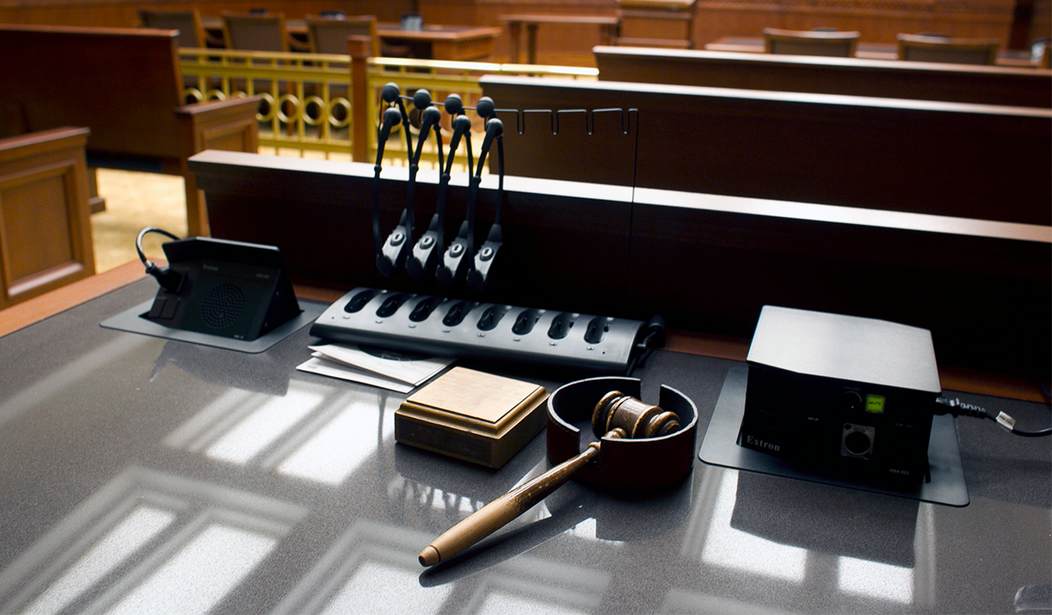Joe Biden’s anti-gun agenda has taken another body blow, with a U.S. District Judge in Texas putting a halt to the ATF’s rule treating unfinished frames and receivers as if they’re firearms themselves.
In a Friday decision, Judge Reed O’Connor smacked down the rule, finding that the ATF overstepped its authority to promulgate regulations and instead crossed the line into making new law. The Firearms Policy Coalition, which sued the agency along with the Second Amendment Foundation and several individual plaintiffs, celebrated with a late night email to members and supporters.
“We’re thrilled to see the Court agree that ATF’s Frame or Receiver Rule exceeds the agency’s congressionally limited authority,” said Cody J. Wisniewski, FPCAF’s Senior Attorney for Constitutional Litigation and FPC’s counsel in this case. “With this decision, the Court has properly struck down ATF’s Rule and ensured that it cannot enforce that which it never had the authority to publish in the first place.”“This is a monumental victory against the tyrannical ATF. Firearms Policy Coalition and FPC Law have argued that this rogue agency has unlawfully attacked gun owners in this latest round of ‘rulemaking’ and we are grateful to see the Court agree,” said Richard Thomson, FPC’s Vice President of Communications. “We will not stop, however, with this latest victory. FPC and FPC Law will continue to bring these cases to put a stop to the immoral and unconstitutional actions of the disarmament regime.”
Vacatur is appropriate given the Court’s conclusion that the ATF has exceeded its statutory authority. An illegitimate agency action is void ab initio and therefore cannot be remanded as there is nothing for the agency to justify. Defendants tacitly acknowledge this, noting that “if vacatur is authorized under the APA, it is not warranted here in the event that Plaintiffs succeed on the merits of any procedural claim, because the agency can likely correct any such error on remand.”Moreover, vacating the unlawful assertion of the agency’s authority would be minimally disruptive because vacatur simply “establish[es] the status quo” that existed for decades prior to the agency’s issuance of the Final Rule last year.Defendants argue that any vacatur should only be applied to the parties before the Court while citing no binding authority in support. But such a remedy is more akin to an injunction that would prohibit the agencies from enforcing their unlawful Final Rule against only certain individuals. And indeed, “[t]here are meaningful differences between an injunction, which is a ‘drastic and extraordinary remedy,’ and vacatur, which is ‘a less drastic remedy.’”“[A] vacatur does nothing but re-establish the status quo absent the unlawful agency action. Apart from the . . . statutory basis on which the court invalidated an agency action, vacatur neither compels nor restrains further agency decision-making.” Thus, the Court applies the default remedy and VACATES the Final Rule on grounds that the agency acted beyond the scope of its legitimate statutory authority in promulgating it.









Join the conversation as a VIP Member